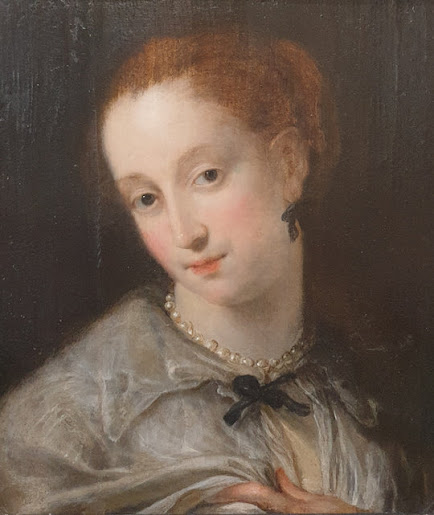The London Antique Markets - 1964-2014
Bennie Gray was just 26 when he
opened the Antique Supermarket on
Barrett Street. Just around the corner
from Selfridges in an old printing works, it quickly became a hub for the
trading of antiques.
At that time there existed several
antique markets operating one day a week and there were many specialist antique shops but,
before the Antique Supermarket opened in 1964, London did not have a permanent
indoor market where antique dealers had the opportunity to trade all year round
without having to dismantle their stock at the end of the day.
The concept proved popular and,
with the exception of a few poison pen letters received from some of the more
traditional members of the trade, the Antique Supermarket was soon filled with a variety of antique dealers. After a quiet start,
with all the energy put into the opening, the word spread and the centre's popularity grew to eventually establish a star studded clientele.
.jpg) |
| Antique Hypermarket - Kensington High Street |
+lo+res.jpg) |
| Antique Hypermarket - Kensington High Street |
In 1968, off the back of the
Antique Supermarket’s success, Bennie Gray opened the Antique Hypermarket on trendy Kensington High Street and, a few
years later, Antiquarius on the
Kings Road, Chelsea in 1970. Bennie
eventually sold these markets and each continued for a time. Antiquarius was sold again in 2009 and the building has now become US store Anthropologie.
 |
| Antiquarius - King's Road, Chelsea |
Alfies Antique Market came next in 1976, named after Bennie’s
father, jazz musician Alfie Gray. Bennie
Gray was born on Cosway Street, just around the corner from Alfies, and when
the dilapidated Edwardian department store, Jordan’s, came up for sale he
jumped at the opportunity.
 |
| Alfies Antique Market in the 1970s |
At the time the deteriorated
state of the building was echoed
along Church Street, where what had once been a thriving working class
community fell into the familiar pattern of inner city decay with shops boarded
up and vandalism rife.
Alfies opened to become an unpretentious, un-daunting
antiques experience, eventually welcoming a younger, design-led crowd. Bennie is justifiably proud of the
impact Alfies has had on Church Street. Some 20 independent dealers also now line Church Street, many of whom
started out with a stand at Alfies.
In 1976 Bennie opened Grays, at 58 Davies Street. The Edwardian Grade II listed building was
originally built for John Bolding & Sons, a manufacture of sanitary
equipment. Bolding had the building commissioned to house a showroom on Davies Street and workshops at
the rear in Davies Mews.
 |
| Work begins on Grays Mews, 1978 |
 |
| Grays Mews opens in 1978 |
A year after Grays opened work began on the rear workshops to become Grays Mews. For a time the basement was continually
flooded and architects found the source to be part of the underground river
Tyburn, a tributary to the Thames. This
water was channelled to create a water feature that can still be seen today.
Today Alfies Antique Market,
Grays and Grays Mews are London’s largest permanent centres for antiques and are collectively home to over 250 small businesses. Open all week, the key to the success comes from the antique dealers themselves, their passion and dedication to finding and trading in beautiful objects and passing on the unique histories that accompany them. In a world of internet shopping, this personal service is becoming a rare find. All three centres are full of experienced specialists, each with their own area of knowledge and expertise. Here's to another 50 years!

.jpg)

Comments
Post a Comment